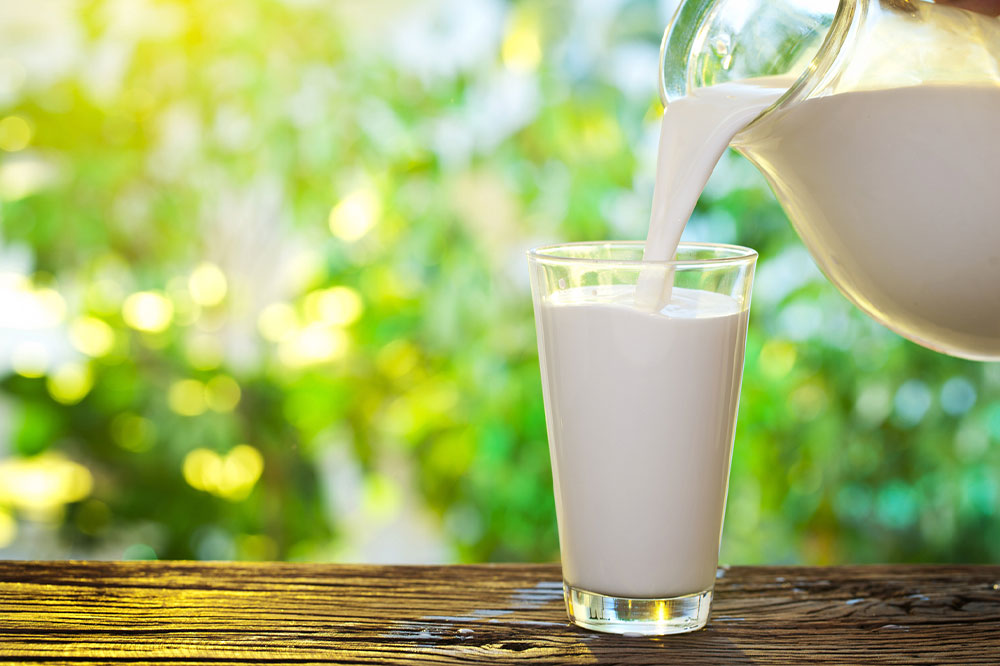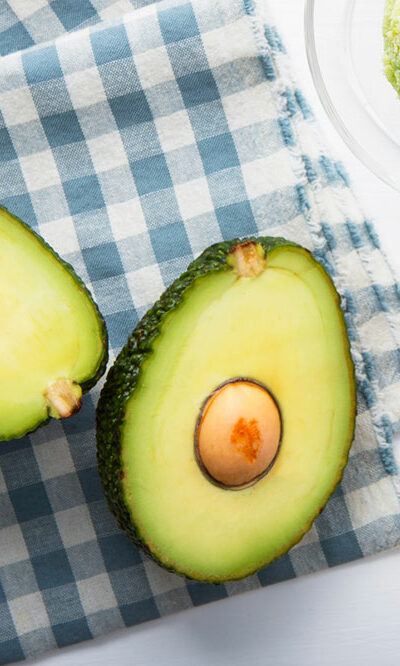8 healthy foods to manage menopause symptoms

Menopause is a normal aspect of a woman’s aging process. The transition period generally begins four years before one’s last menstrual cycle, between the ages of 45 and 55. This phase may be accompanied by symptoms such as hot flashes, night sweats, mood swings, lower metabolism, and sleep problems. However, keeping one’s body nourished can help combat some of these symptoms. Some healthy foods to eat to manage menopause symptoms are listed below.
Milk
Milk and other dairy items such as cheese and yogurt are excellent sources of nutrients like calcium, phosphorus, potassium, magnesium, and vitamins D and K, which are essential to keep the bones healthy. They also contain an amino acid called glycine, which can help improve sleep quality in menopausal women. Some studies have also linked dairy intake with a reduced risk of early menopause by up to 17 percent.
Soy
Soy and other soy products contain phytoestrogens, which act like a weaker version of the hormone estrogen in the body. Since the rate of production of estrogen declines during and after menopause, consuming soy products such as soy milk, soybeans, edamame, tofu, miso, and tempeh, can help manage the intensity of symptoms like hot flashes in menopausal women.
Wheat
Whole-grain foods such as wheat, bulgur, brown rice, steel-cut oats, popcorn, millets, quinoa, Kamut, and rye, contain fiber and B vitamins such as thiamine, niacin, riboflavin, and pantothenic acid. Eating whole grains lowers the risk of heart disease and cancer, especially in postmenopausal women.
Grape seed
According to some studies, eating grape seed supplements (with proanthocyanidin extracts) during menopause helped reduce the occurrence and intensity of symptoms such as hot flashes, anxiety, and insomnia. It was also reported to increase muscle mass and reduce blood pressure in menopausal women.
Broccoli
Cruciferous vegetables such as broccoli and kale have been found to positively affect menopause symptoms and estrogen levels, according to certain studies. They have also been associated with reducing the risk of breast cancer and helping strengthen the bones due to their calcium content.
Berries
Berries such as strawberries, raspberries, blueberries, blackberries, and cranberries are rich sources of antioxidants, phytoestrogens, and vitamins. The polyphenolic compounds found in berries are associated with a reduced risk of inflammation and oxidative stress. They can be particularly helpful in managing symptoms of menopause and lowering the risk of breast cancer.
Flaxseed
Flaxseeds are another great source of phytoestrogens. Ground flaxseed can act like hormone therapy and help against menopausal symptoms such as hot flashes and night sweats. It is also linked to a reduced risk of heart disease and lower cholesterol levels, making it a nutritional powerhouse.
Protein
According to certain studies, women who eat more animal protein will likely have a later natural menopause. Another study indicates that eating plant protein has a better impact on bone strength than animal protein. Eating protein-rich foods during menopause can also help improve muscle mass. Additionally, supplementing one’s daily nutrient intake with collagen peptides has also been linked to improved bone mineral density among menopausal women.







